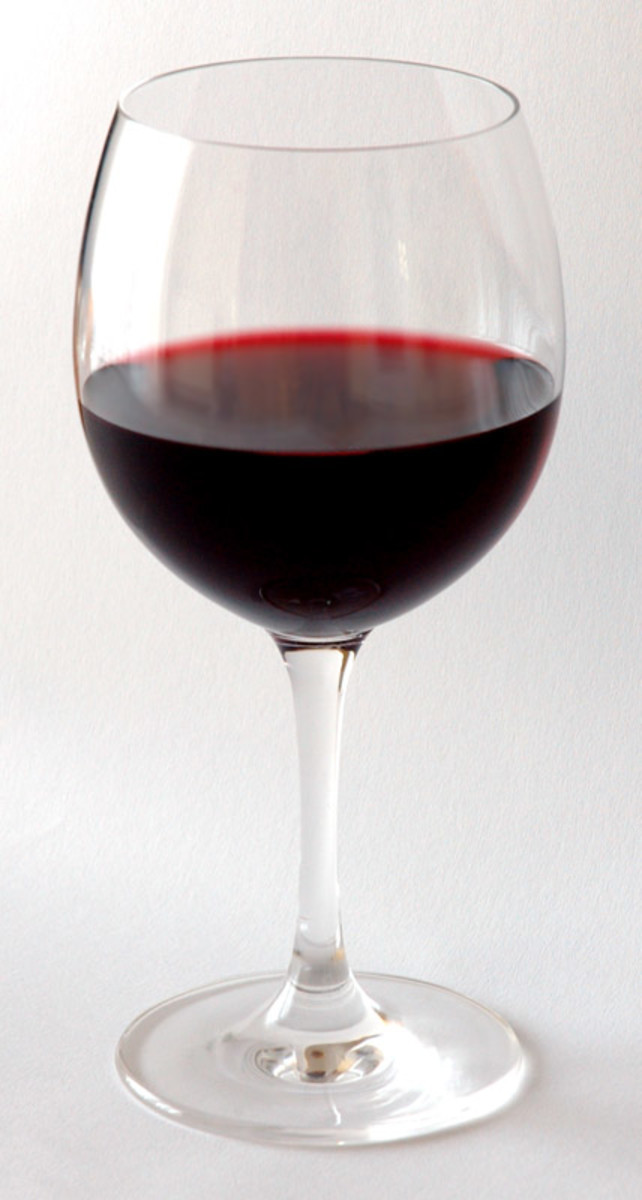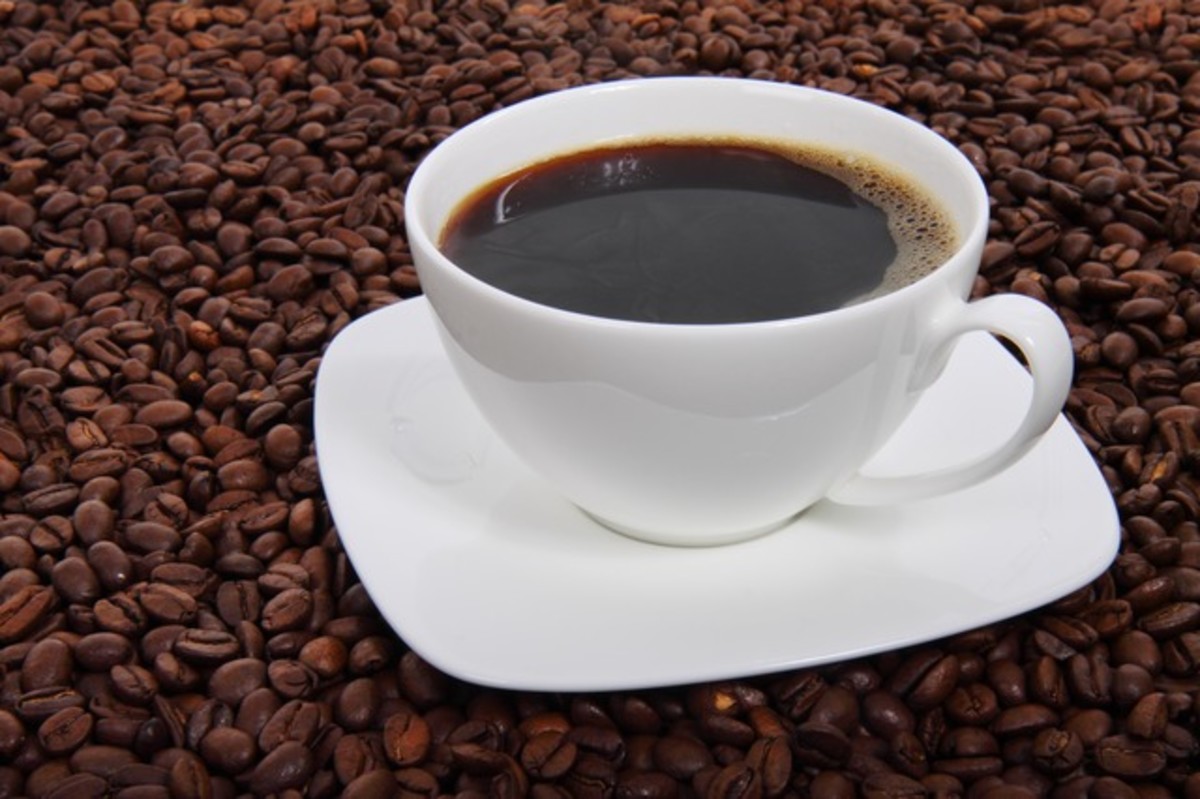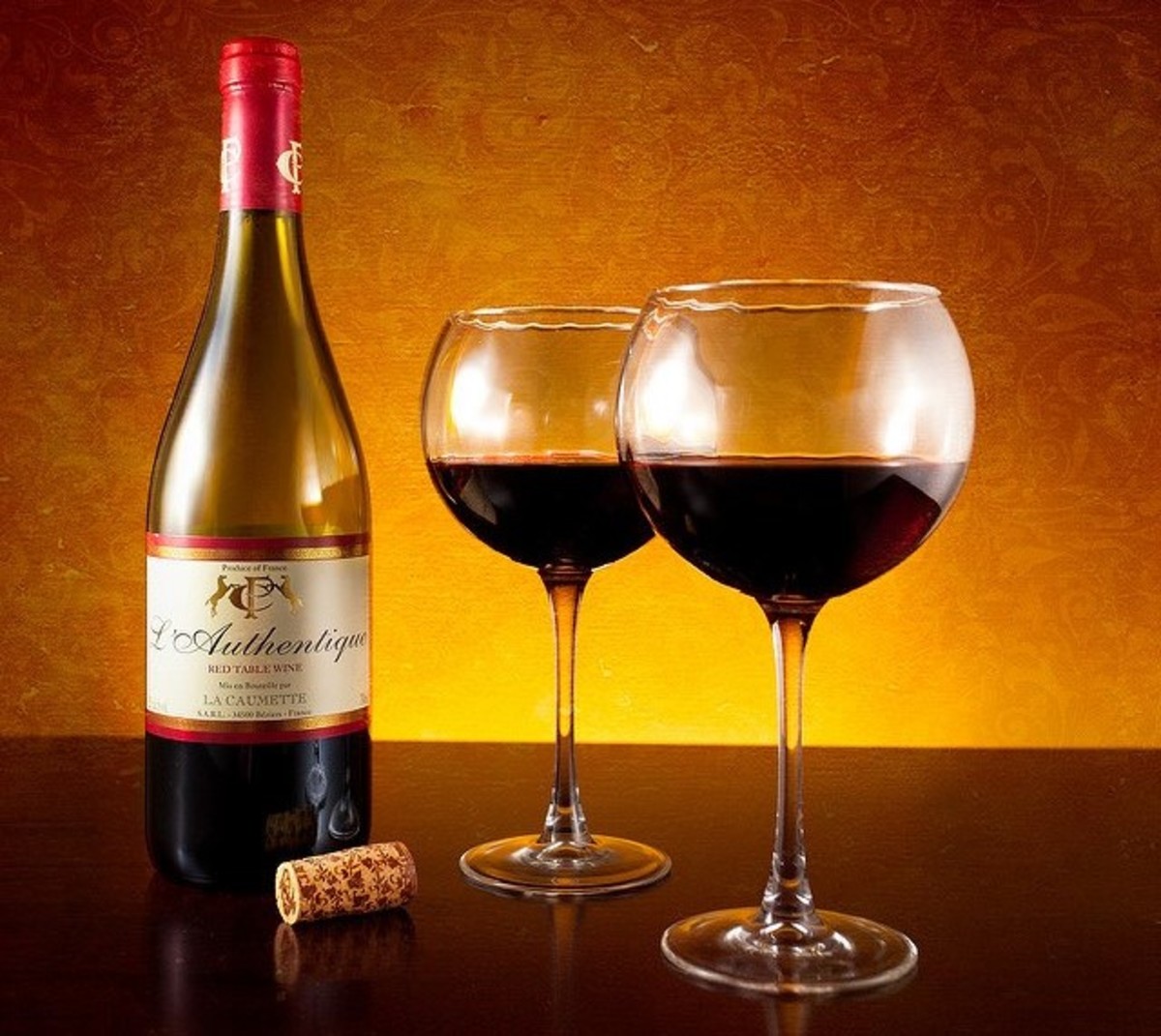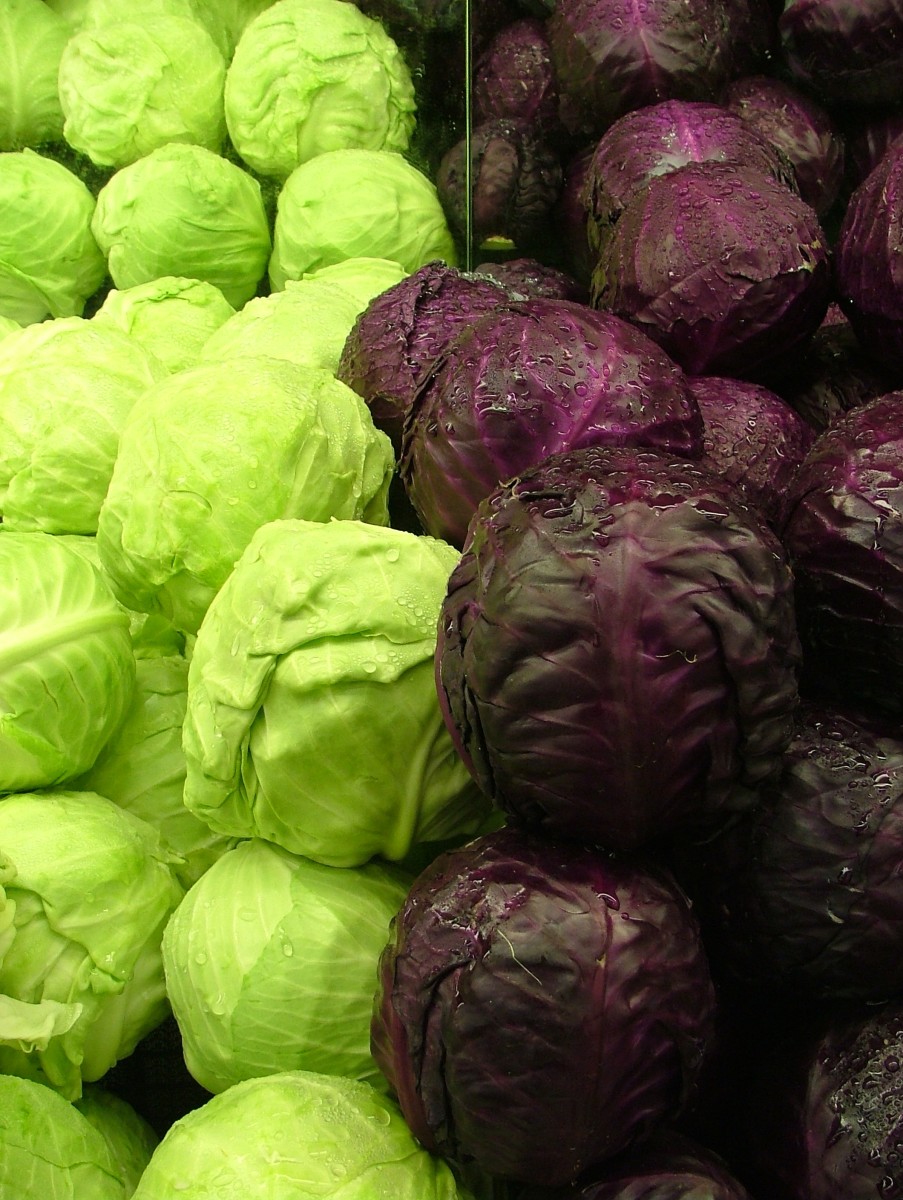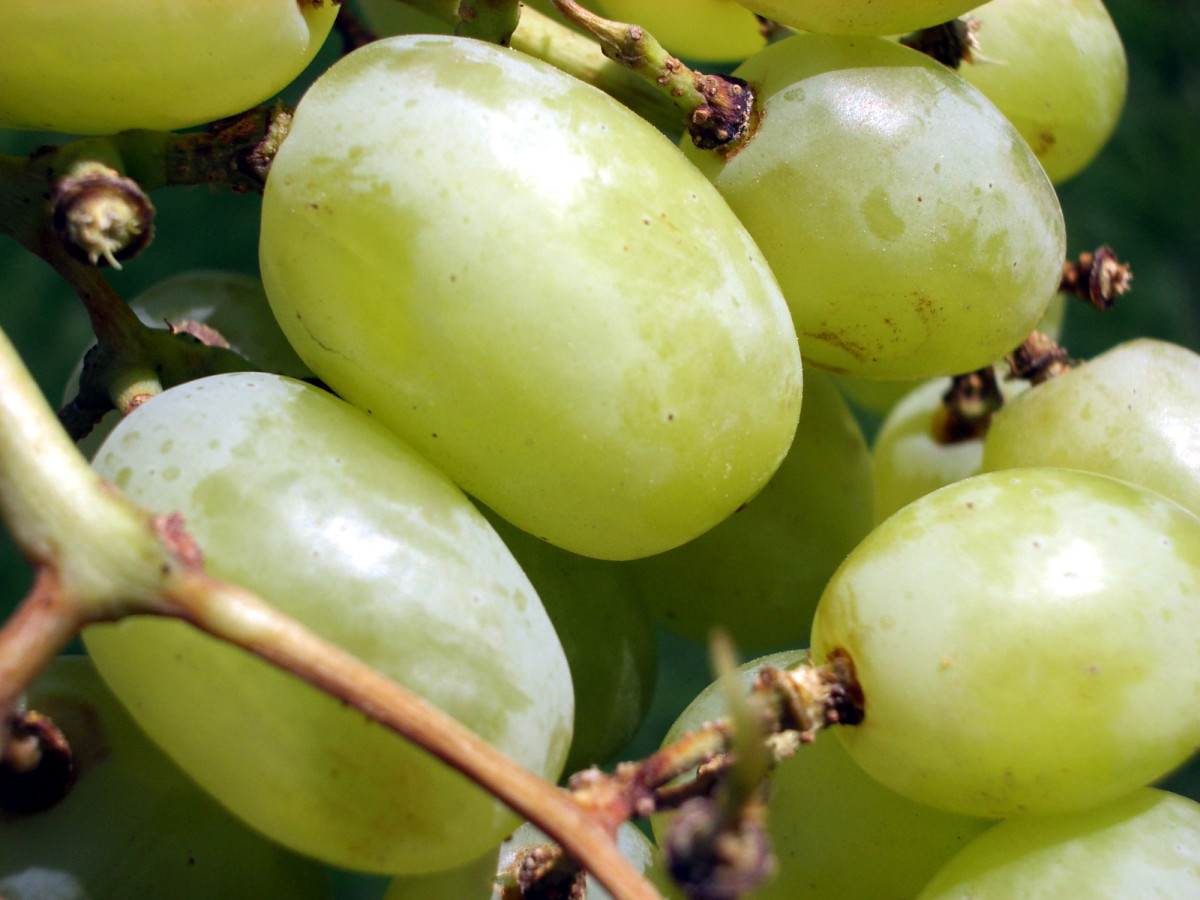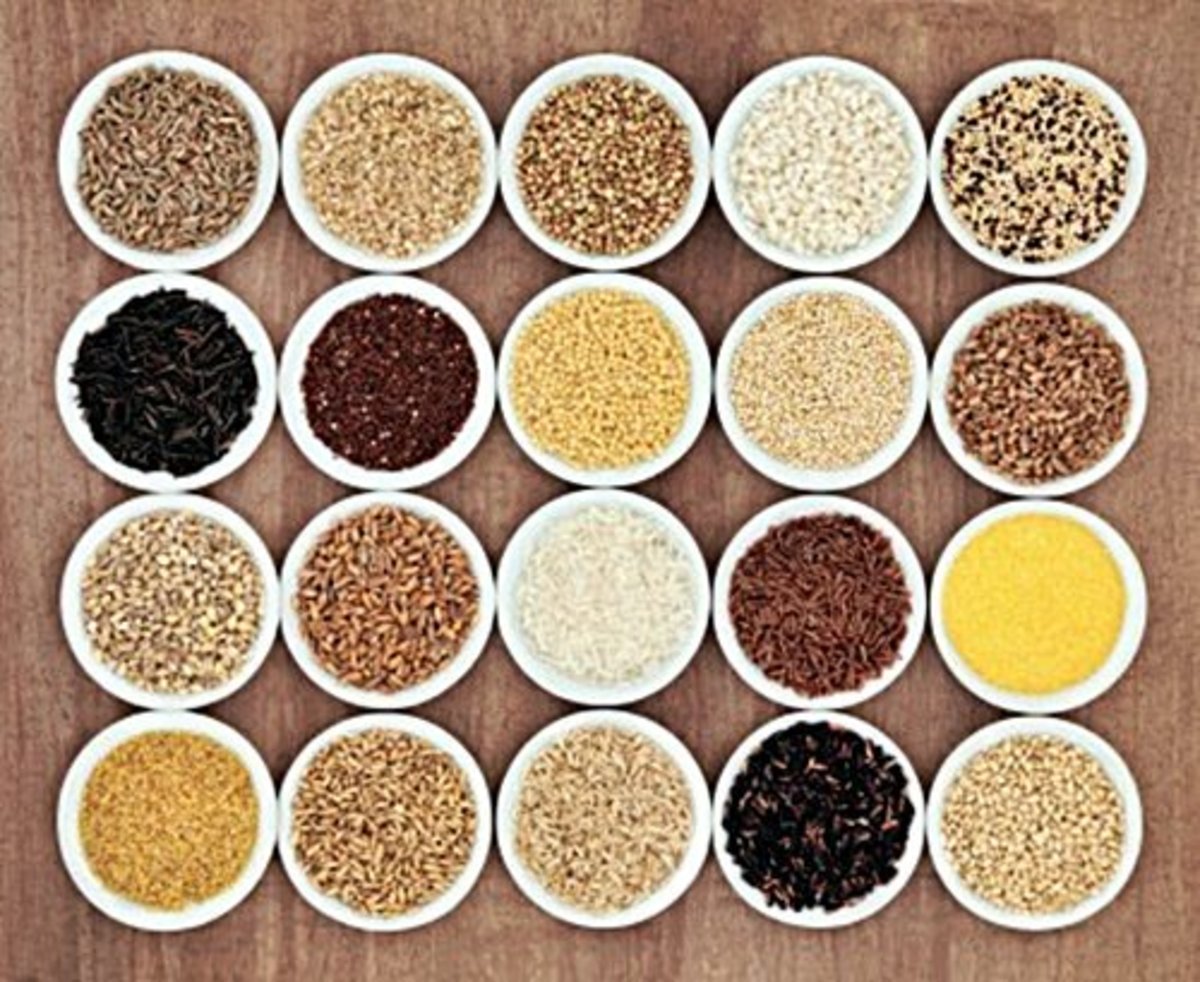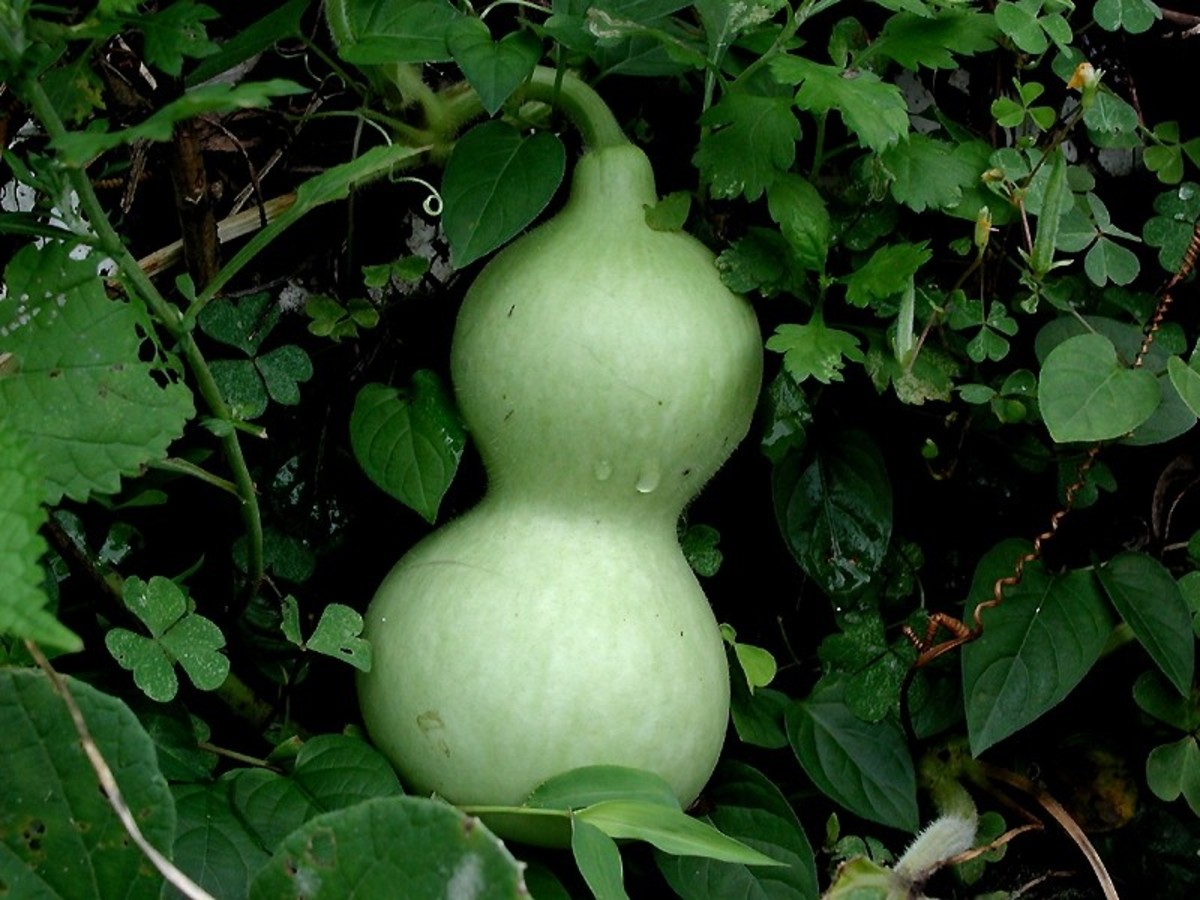Health Benefits of Wine
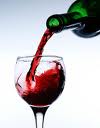
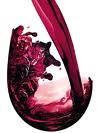
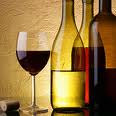

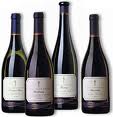
Numerous studies have been conducted and well publicized that demonstrate the health benefits to adults of light to moderate drinking. For example, studies have found that light to moderate alcohol may raise good cholesterol (HDL) and lower bad cholesterol (LDL) and blood pressure reducing the risk of heart disk, help prevent Alzheimer disease, ischemic stroke (due to an obstruction of blood flow to an artery), type-2 diabetes, and stomach ulcers. The wine is known to lower the risk of common cold.
There is an overwhelming body of evidence for the beneficial impact of moderate alcohol consumption on coronary heart disease and ischemic stroke in comparison to the other cited benefits. Some of the health benefits appear to derive more from ingredients other than alcohol itself such as antioxidant flavonoids found in grape seeds and skins that are fermented in making red wine.
One of the most consistent findings in population studies examining the risk of death and alcohol consumption is the J-shaped curve. On the two axes, horizontal and vertical, are plotted alcohol drinking and death rate respectively. A small amount of drinking or moderate consumption brings one to the bottommost part of J indicating lowest possible mortality. However, heavy drinking causes a sharp rise in the risk of death due to several reasons associated with alcoholism as liver failure, cancer, death by violence and accidents. The J-shaped curve is true for all alcohol drinking – beer and distilled spirit as well as for wine. The benefit of wine, however, is significantly greater than any other forms of alcohol.
A study published by Dr Eric Rimm and his associates in Lancet in 1991 showed that men who consumed two alcoholic drinks a day had a 55 percent smaller risk of cardiac death. In an earlier 1988 study in New England Journal of Medicine , Dr. Meir Stampfer and his colleagues who studied more than 87,000 women nurses, reported that two alcoholic drinks a day resulted in a remarkable 60 percent decrease in the risk of heart attack or stroke and a 70 reduced risk of ischemic stroke.
These studies have also gone on to show that for wine alone, compared to beer and spirits, the J-curve is broader and deeper. In other words, wine has greater health benefits than beer and spirit.
There is yet another beneficial side to wine. It is the only alcoholic drink that when taken in moderation and with prudent Mediterranean diet contributes to weight loss and smaller waist.
Wine drinking and a Mediterranean diet are the secrets to better health and longevity. Wine is meant to be consumed with food, at the table, over conversation with family and friends. Families should be encouraged to share in the wine and food experience at the dinner table as has been the norm for centuries in Mediterranean Europe. Children should be exposed to responsible drinking from early on so that they do not take to excessive alcohol and act responsibly when they come of age.
It is common at the European table for children to participate in the wine experience. The young French children at Bordeaux and elsewhere are served generous juice sized glass of water with generous splash of red wine at dinner. Most often the wine is produced from the family vineyard or supplied by friends and village acquaintances. The family head inspects the wine for color and clarity and the children’s experience with wine and cultural norms associated with it forms a part of valuable training to them. Every one at the table enjoys the meal complemented by wine.
Dr Arthur Klatsky, a research cardiologist and noted alcohol specialist from California has reported that at least half of the benefits of wine are from the alcohol itself. While studying the enhanced survival of the French wine drinker, Professor Serge Renaud noted that the French did not seem to have higher HDL levels than other populations that drank far less wine. He believes that the greatest benefit is from wine’s ability to inhibit platelets and reduce blood clots.
Polyphenols found in wine have several important biological properties (there are five times more bioactive life sustaining polyphenols in red wine than in white wine). Polyphenols are powerful antioxidants more potent than popular vitamin supplements as vitamin C and E. Scientists are able to measure a considerable increase in the antioxidant capacity of the blood as early as 90 minutes after a glass of wine is consumed. Oxidation reactions are thought to be responsible for several types of cancers and age related illnesses. The antioxidant property associated with wine is therefore a wonderful panacea against all the diseases caused by oxidation. In the laboratory adding wine polyphenols to human LDL reduces oxidation susceptibility by up to 98 percent.
Specifically, moderate red wine consumption reduces the level of C-reactive protein (CRP), an important biomarker indicating heart disease risk. Red wine inhibits blood vessel wall thickening, an abnormal process known as hyperplastia. It reduces the attachment of white blood cells (that cause inflammation) to the endothelium and inhibits the cellular molecules on the endothelial surface that bind inflammatory cells. Red wine reduces foamy, plaque-initiating cell changes in blood vessels and decreases the burden of clot forming factors in blood vessels.
It is no wonder that the wine drinkers through the ages have not only less heart disease but also have fewer cancers and age more gracefully. Their skin, bones, and organs seem to be more resistant to the usual signs of old age. Elderly wine drinkers also have a lower risk of developing dementia than non-drinkers.
Some experts have suggested that purple grape juice can be the substitute of wine. However, evidences have shown that purple grape juice cannot be a perfect substitute. For those that are unable to drink due to medical and religious reasons, purple grape juice can offer a healthy supply of antioxidants, but an important ingredient alcohol is missing in it. Also, the unfermented sugar in the juice adds calories. For non-alcohol drinkers, grape seed extract or other grape derived supplements could be a reasonable substitute for wine without adding sugars and calories.
In the final analysis, one cannot deny that wine and its components block every abnormal event that leads to the formation of heart and blood vessel disease, so that the overall impact of wine in maintaining a good health is experienced every where in the human body.

